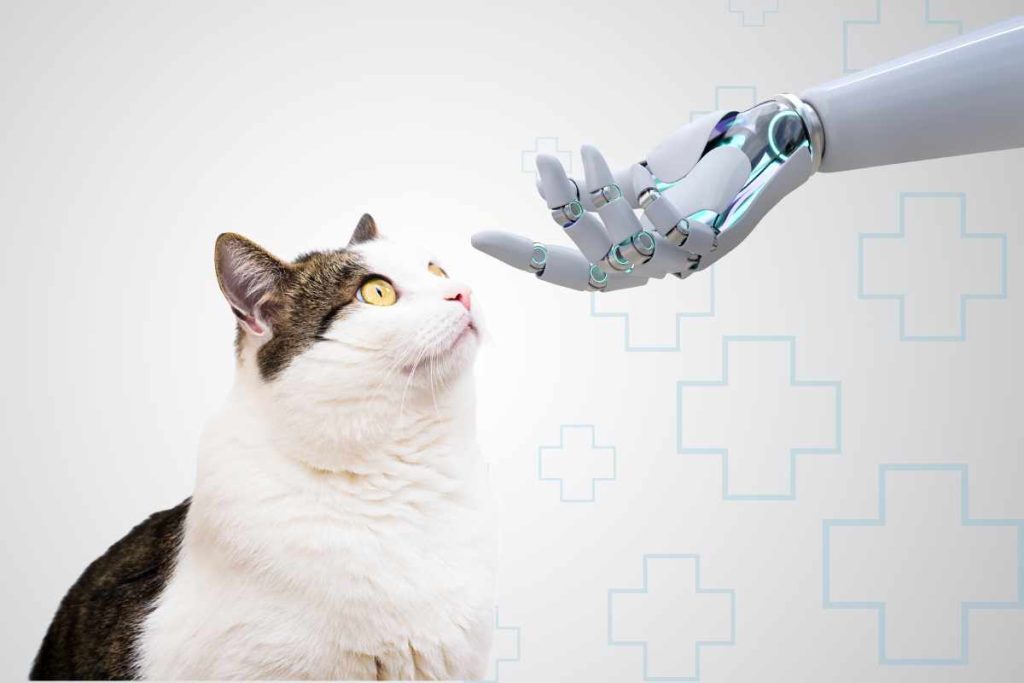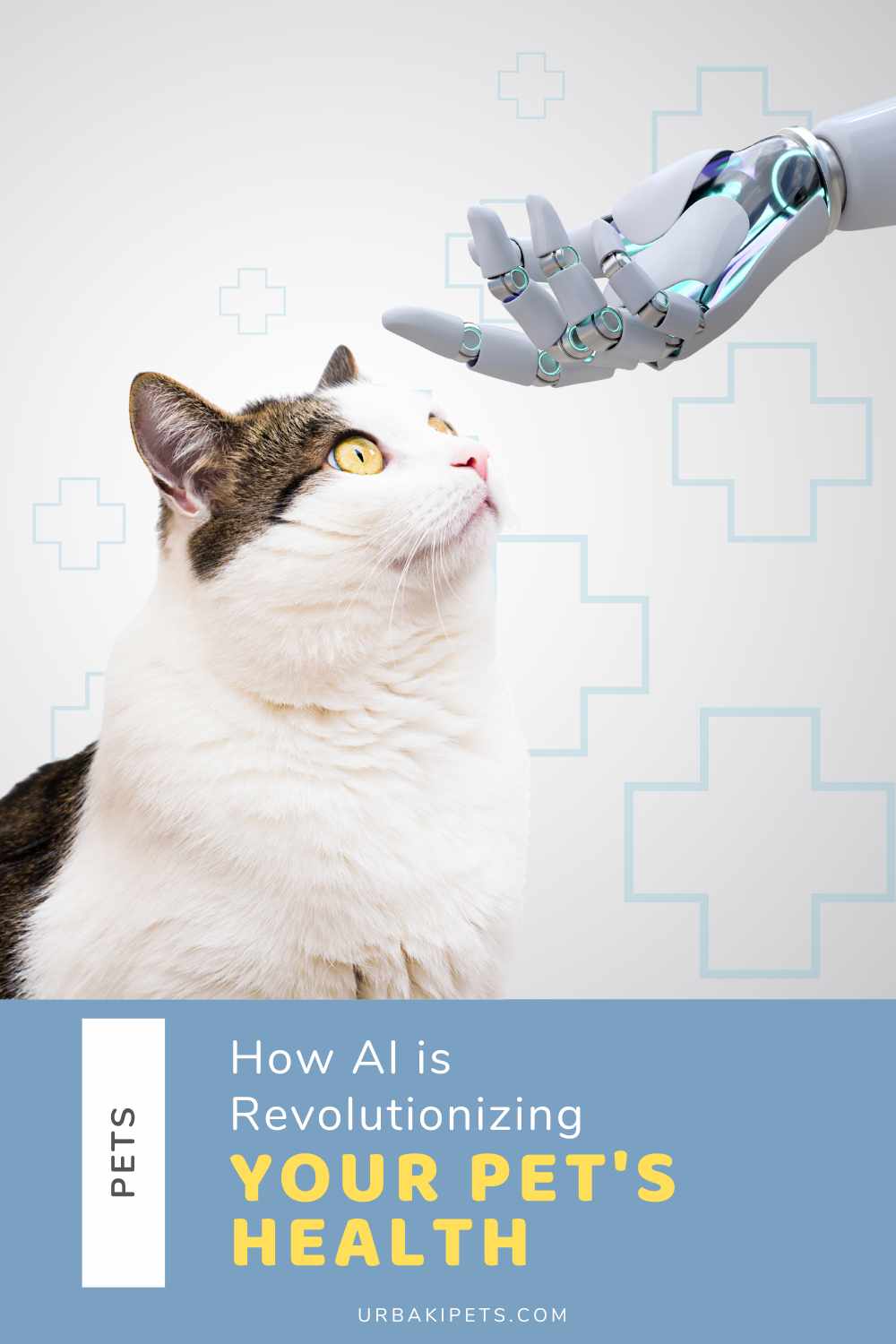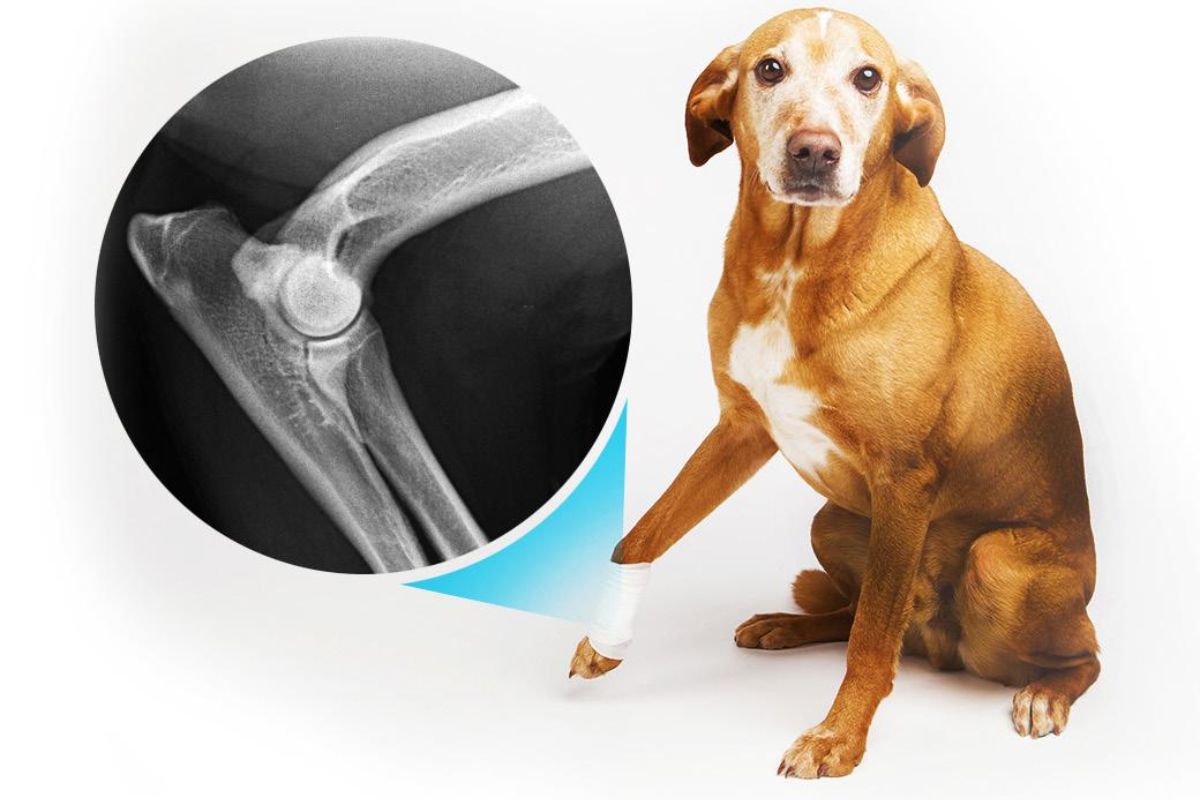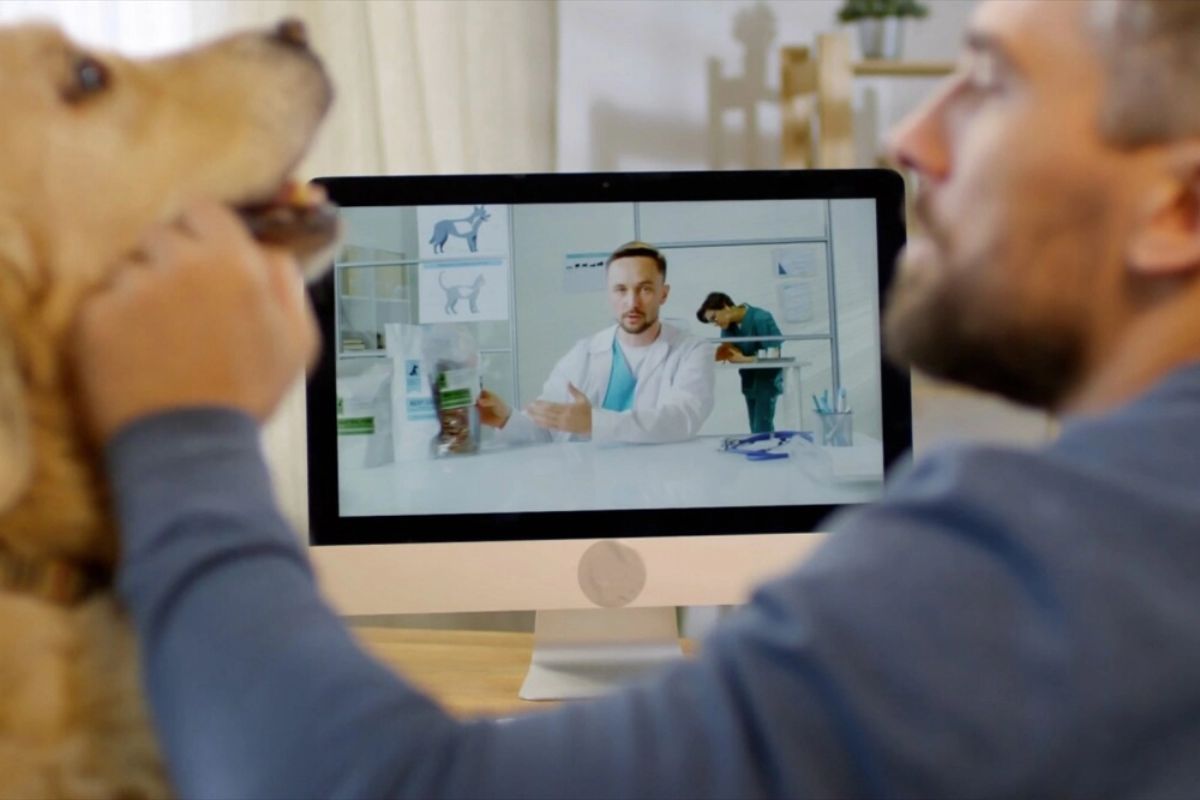How AI is Revolutionizing Your Pet's Health

Did you know that more than 50% of pets over the age of 7 suffer from chronic diseases that could have been detected earlier?
The good news is that today, thanks to technological advancements, artificial intelligence (AI) is transforming the way veterinarians diagnose and prevent diseases in our pets.
But it's important to clarify: AI does not replace veterinarians; it complements their work by providing them with tools to enhance their diagnostic capabilities and make informed decisions about your pet's well-being.
Your pet’s health is about to take a big leap with the support of AI!
The Benefits of AI in Pet Health
AI is making a positive impact on pet health in many ways, from early disease detection to personalized treatment plans.
By analyzing large amounts of data quickly and accurately, AI can identify subtle patterns and predict potential health issues before they become serious.
This can lead to quicker intervention, better outcomes, and more tailored care for each pet.
Importantly, AI works alongside veterinarians, enhancing their ability to make informed decisions and providing additional insights to improve care.
Here are the most important benefits that AI brings to pet health:

Early Diagnosis
AI can analyze large amounts of data quickly and accurately, helping veterinarians detect diseases in their early stages, when they are most treatable.
By continuously monitoring your pet’s health data, AI systems can flag potential concerns before they become obvious symptoms.
For example, an AI algorithm can track your dog’s behavior through a connected app, analyzing activity patterns and alerting the veterinarian if signs of conditions like arthritis—often difficult to detect in the early stages—begin to emerge.
This analysis does not replace the veterinarian’s clinical skill and judgment, but instead provides them with additional insights and tools to make a more precise and timely diagnosis, ensuring that treatment can begin as soon as possible.
Personalized Prevention
In addition to early detection, AI can also be used as a proactive tool to prevent diseases before they even start. By analyzing data on diet, exercise, activity levels, and the pet’s health history, AI systems can generate personalized recommendations that optimize your pet’s well-being.
For instance, it might suggest adjustments to their diet, create more effective exercise routines, or recommend preventive measures such as regular check-ups or vaccinations.
These insights can help reduce the risk of chronic illnesses and keep your pet healthier for longer.
However, it’s crucial that a veterinarian always reviews this data and adjusts the recommendations based on your pet’s specific health needs, as their professional expertise ensures that AI recommendations are tailored properly to your pet’s circumstances.
Real Success Stories in Veterinary Medicine
1. Early Detection of Canine Lymphoma Using AI
In a study conducted by Cornell University, a machine learning algorithm was used to analyze live cancer cells in dogs with lymphoma. This approach allowed for more precise and faster prediction of the effectiveness of cancer drugs compared to traditional methods.
Veterinary oncologist Dr. Joseph Impellizeri highlighted that this advancement represents a significant step toward more personalized and effective treatments for pets. (avma.org)
2. Advanced Cardiac Monitoring with AI Technology
The Newtown Veterinary Clinic in Geelong, Australia, has been trialing an innovative Holter device called Atrio Pet Pulse.
This portable device records dogs’ heart rhythms over 24 hours and uses AI software to analyze the data, enabling early detection of heart abnormalities.
Three dogs, including a Boxer named Oliver, were monitored with this device, and the results helped identify treatable conditions more efficiently. (heraldsun.com.au)
3. Improved Veterinary Education with AI-Generated Cases
Texas Tech University has integrated AI-generated cases into its communication curriculum for veterinary students.
Using ChatGPT-3.5, students interact with virtual "standardized clients" to practice communication skills in clinical scenarios.
This approach has proven effective in training future veterinarians, enhancing their ability to communicate with pet owners and handle various clinical situations. (frontiersin.org)
How to Implement AI in Your Pet's Care
If you want to take advantage of AI for your pet's health, there are several options available. Today, there are smart devices, such as collars and cameras, that use AI to monitor your pet's activity and habits.
These devices can be connected to mobile apps that send you alerts if something unusual happens, allowing you to take action immediately.
In addition, several veterinary clinics now offer AI-based services, where your pet’s data can be analyzed and detailed reports about their health are provided.
These reports not only help detect diseases but also offer recommendations on how to improve your pet's quality of life.
Remember, all of this supports the veterinarian, who remains responsible for making the final decisions.

The Future of Your Pet’s Health
Artificial intelligence is transforming pet care by offering a more efficient and accurate way to diagnose and prevent health issues.
It’s important to understand that AI is a complementary tool that supports the veterinarian, not a replacement for their experience and professional judgment.
Veterinarians remain the key professionals in making health decisions.
Don’t wait any longer to incorporate technology into your pet’s well-being. Consult with your veterinarian about how AI can help prevent diseases and improve your pet’s health.
The future of pet care is already here, and veterinarians are at the forefront of this technological revolution!
Did you find this post useful or inspiring? Save THIS PIN to your PETS Board on Pinterest!





You may also like